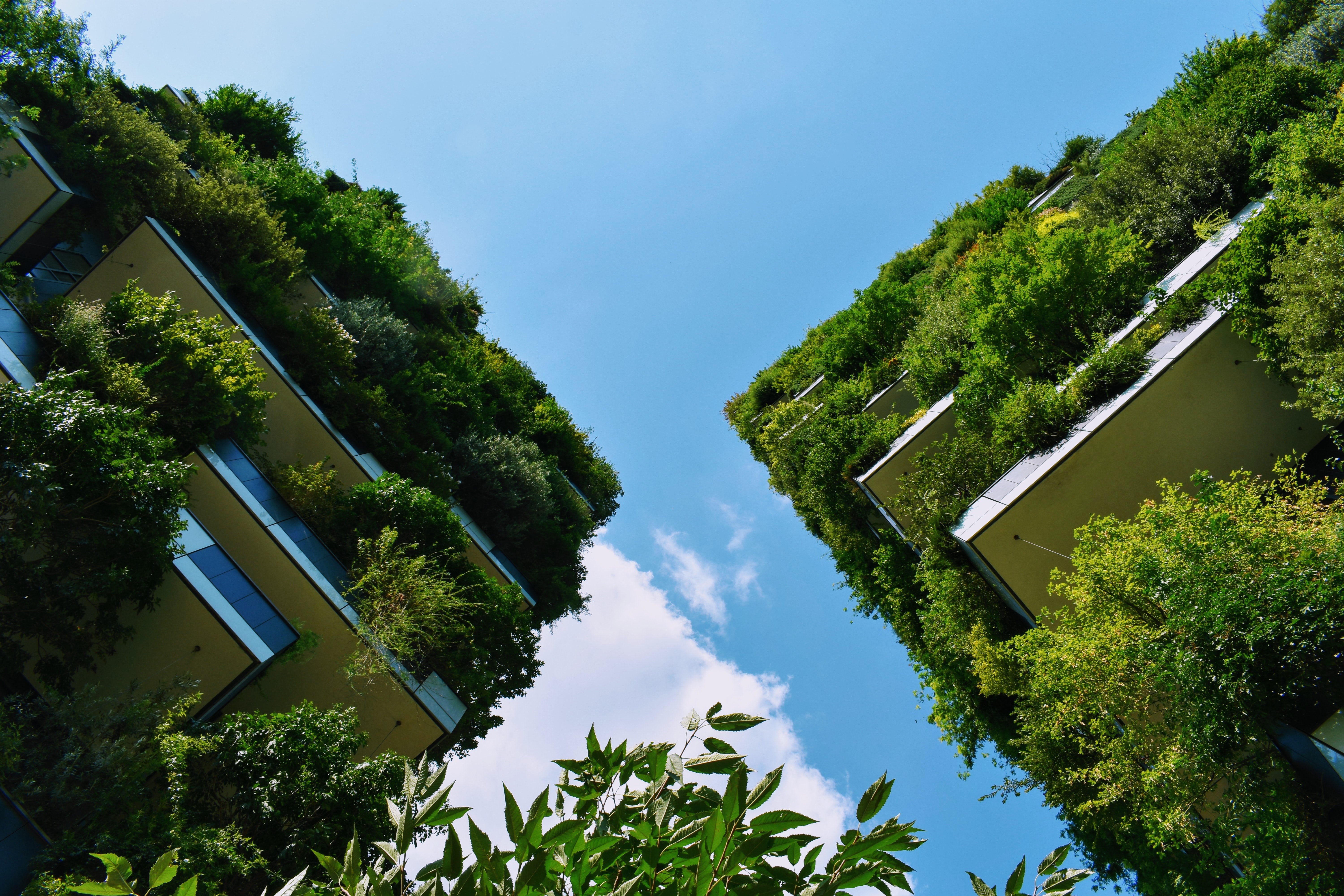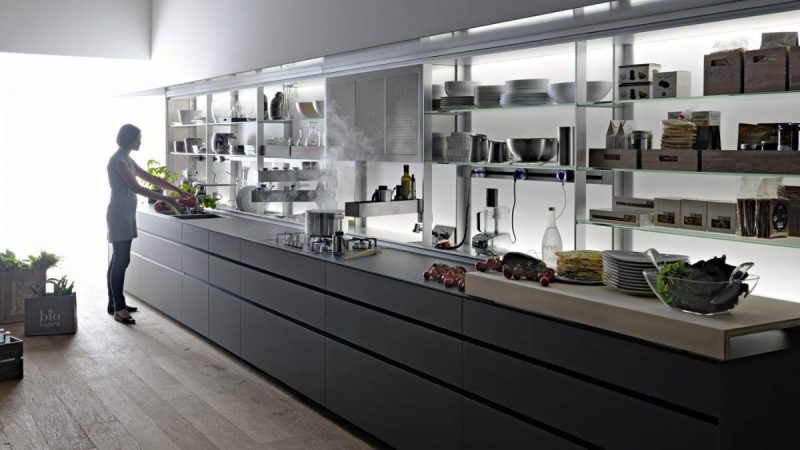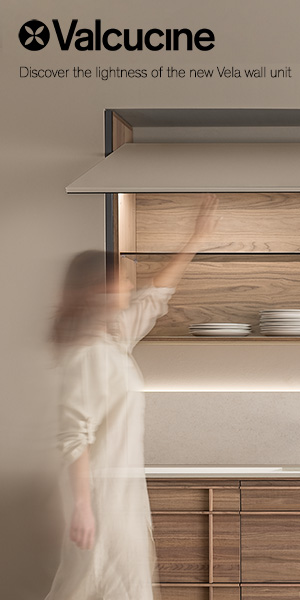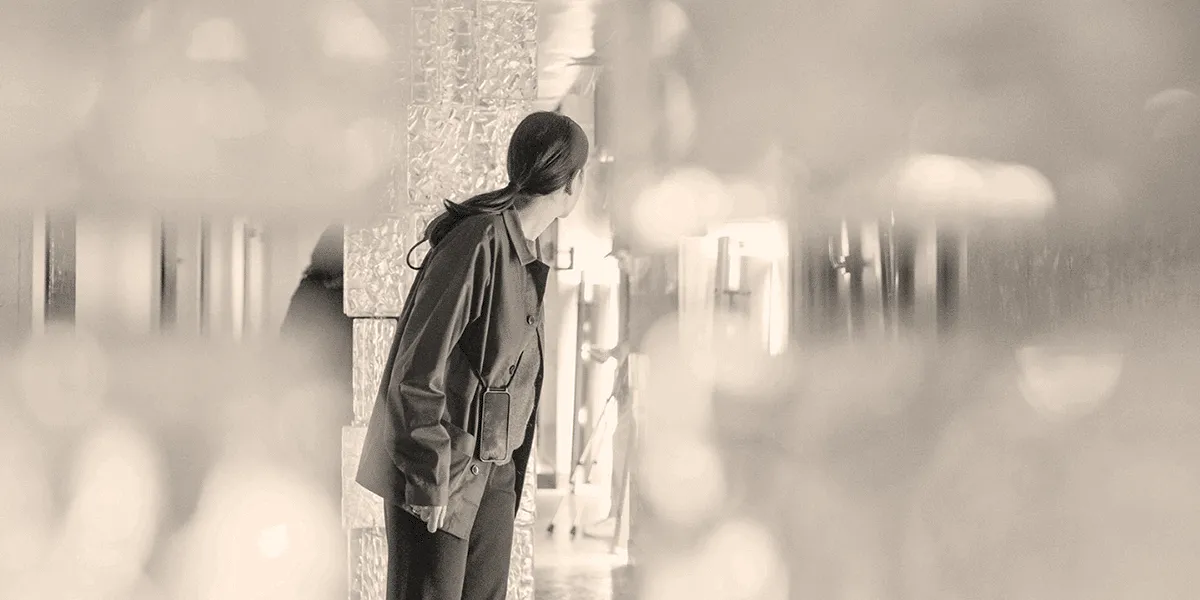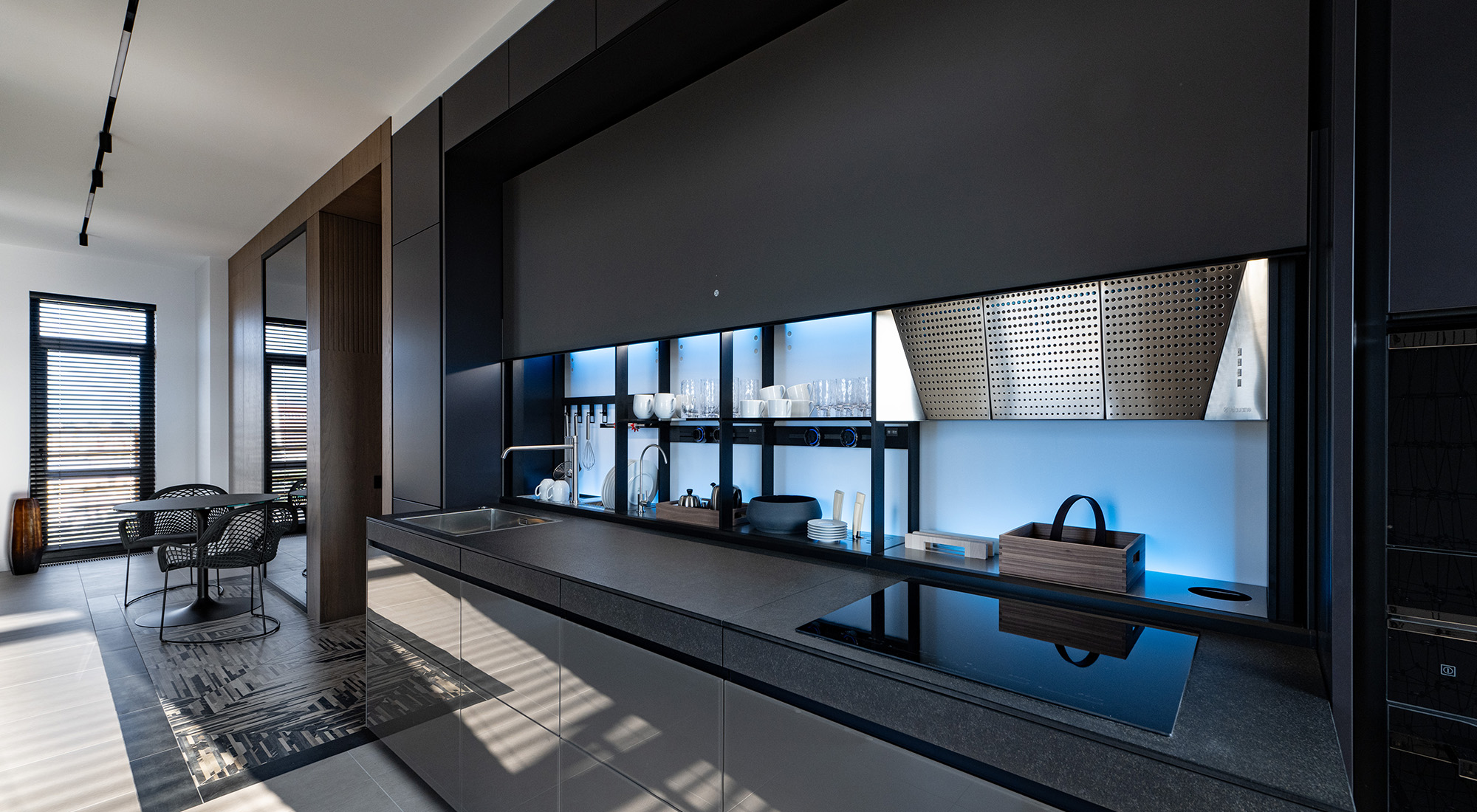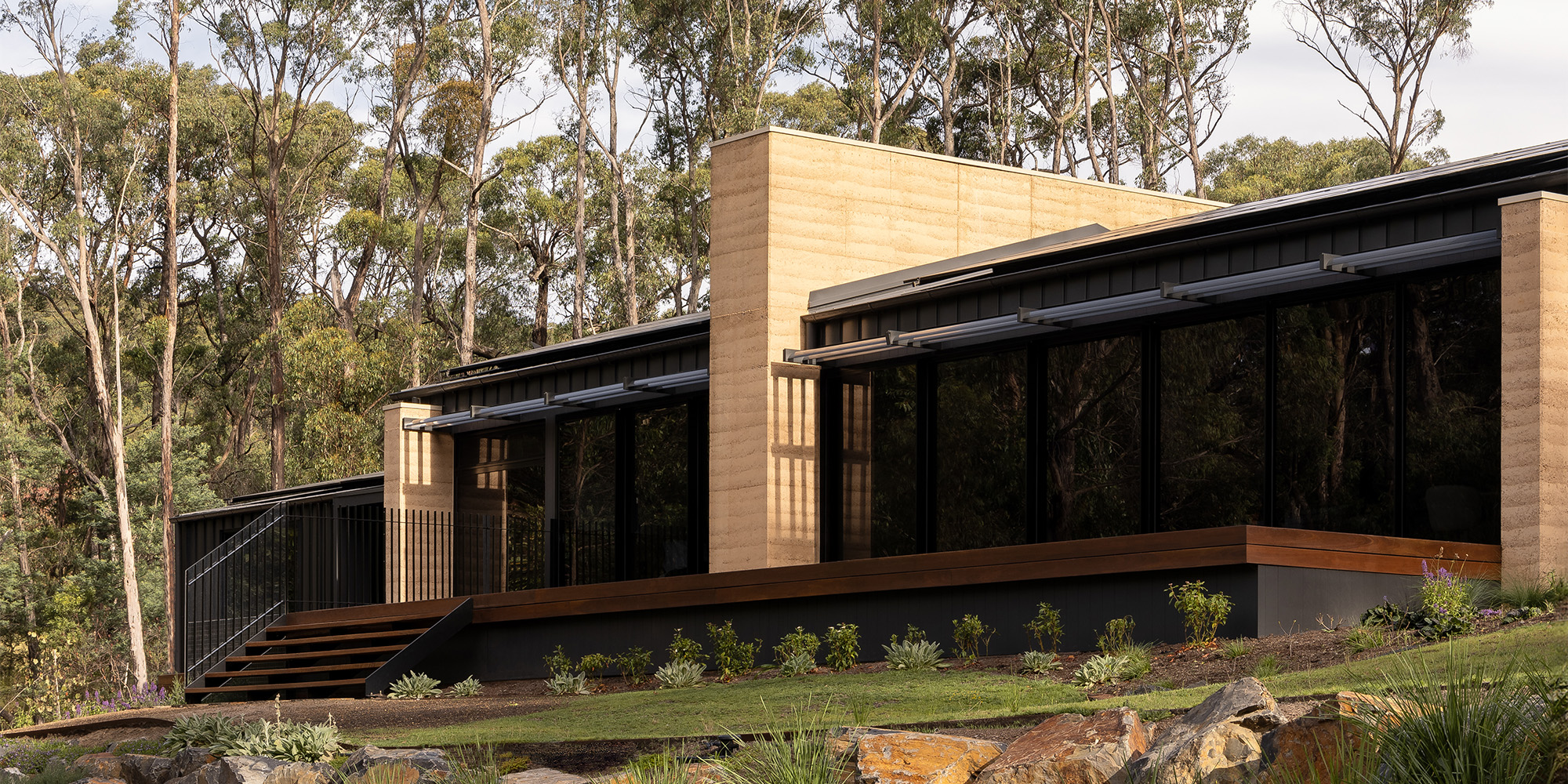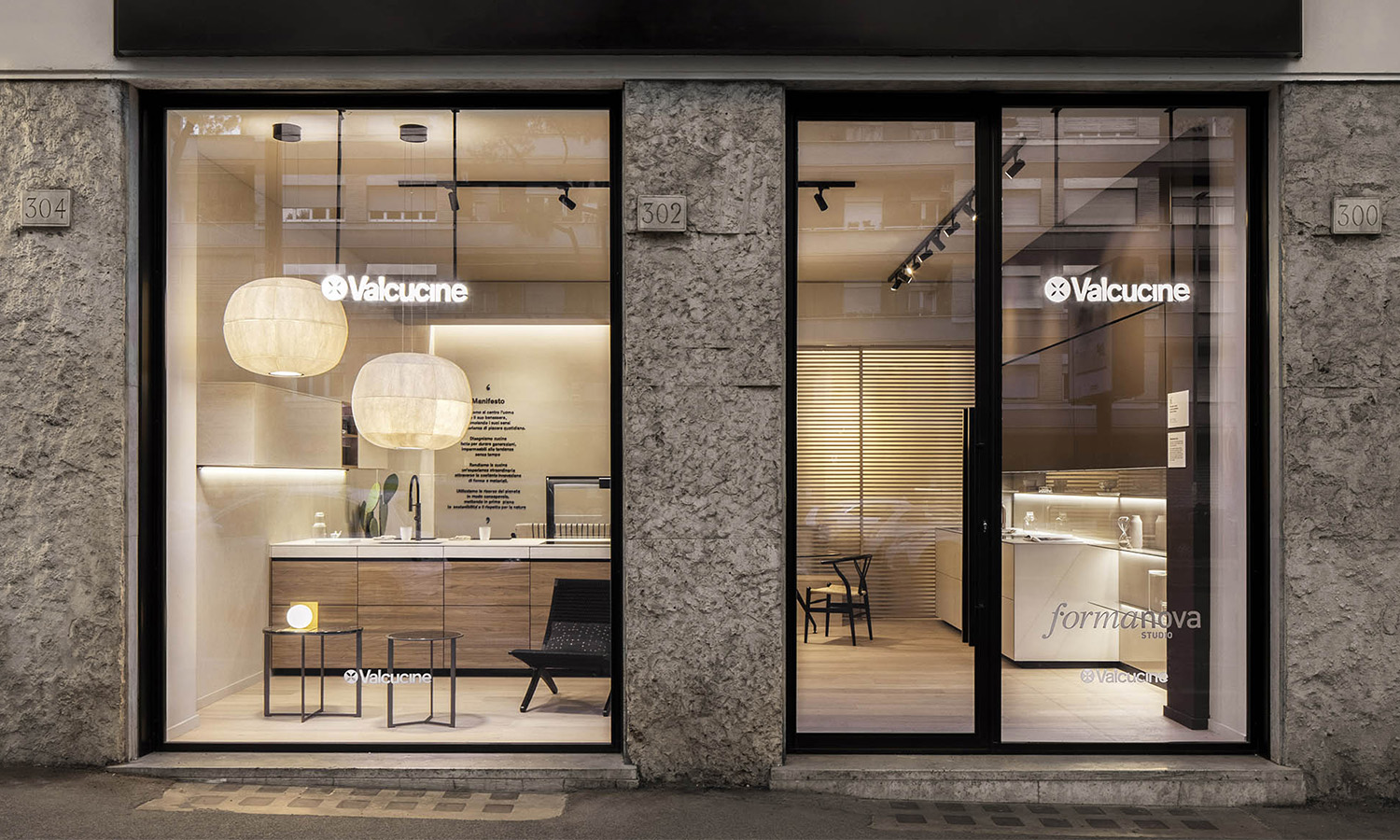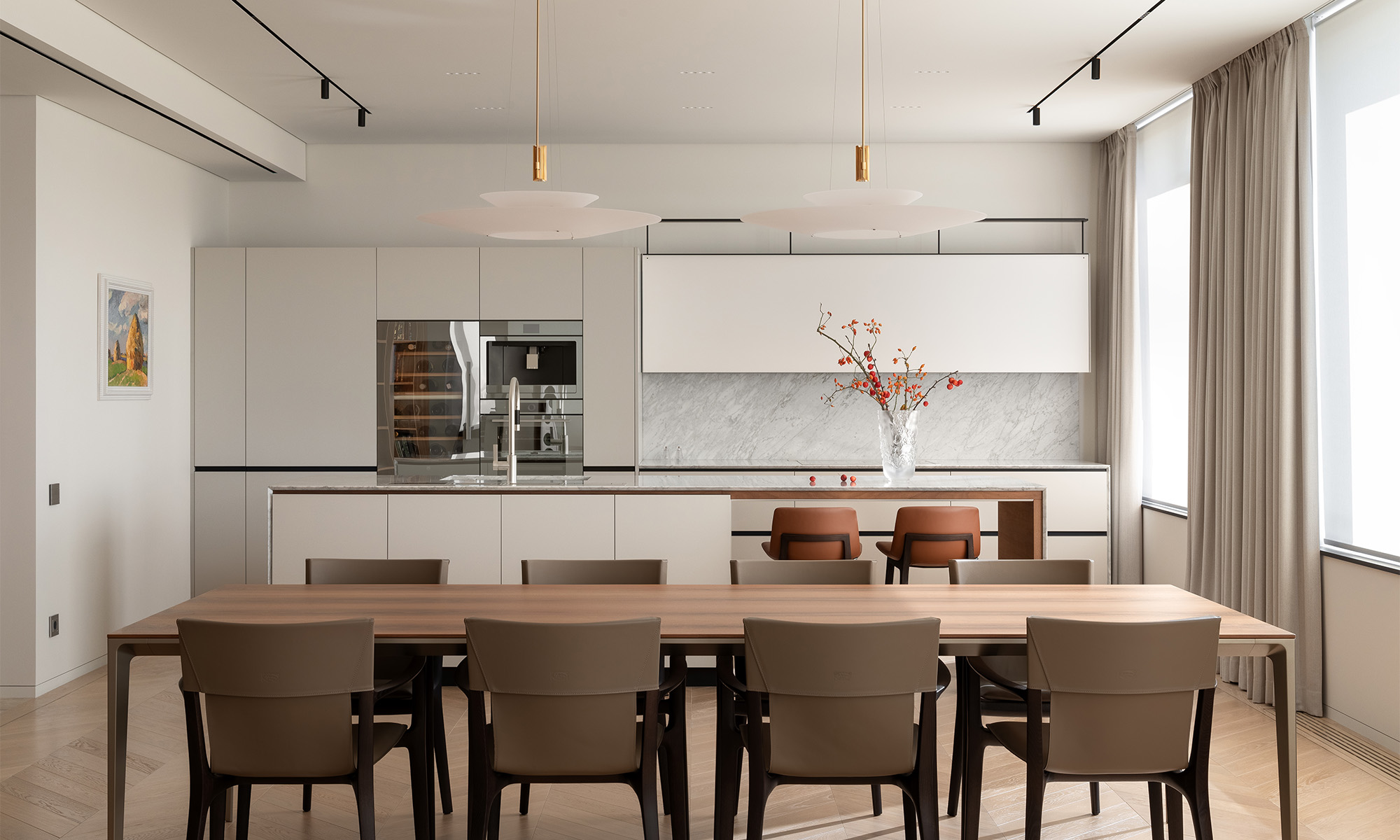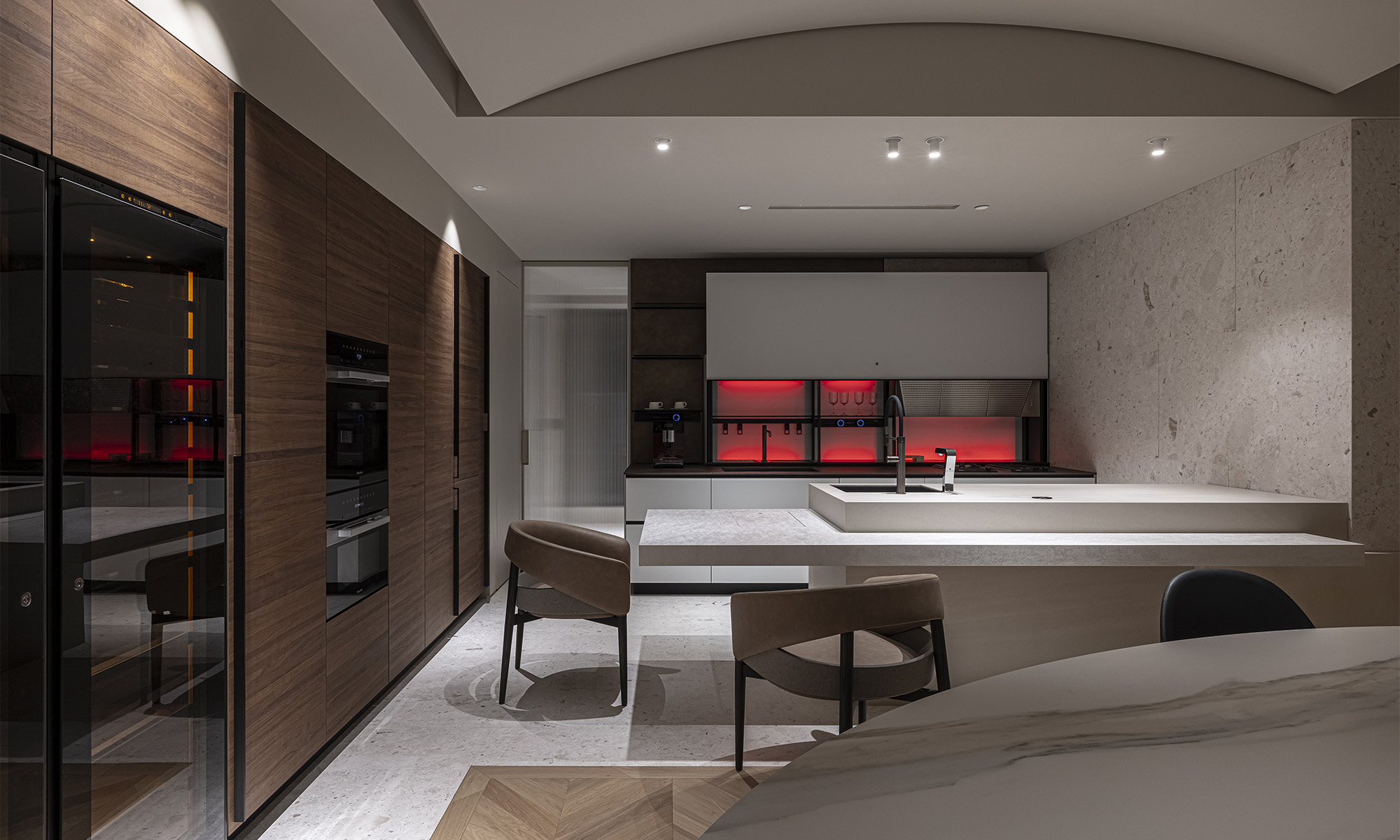Regenerative Buildings: the future of building construction at Malta University
Invited by UM Faculty for Built Environment, Department of Environmental Design and Living Future Institute Europe, Valcucine will attend at the conference Regenerative Buildings: the future of building construction is now.
The Built Environment sustainability agenda is currently focused on resource-efficiency (Water and Energy efficiency, conservation strategies, and Waste reduction) only: the design of buildings and city developments aims no higher than minimising their environmental impact.
Instead, we should shift from a narrow focus on building energy performance, mitigation strategies to broader frameworks to enrich places, people, ecology, culture, and climate.
In particular, a cultural shift is required since the EU's new Bauhaus strategy places the future of our built environment at the crossroads between art, culture, social inclusion, science and technology.
Imaging future way of living in our cities must be a creative and interdisciplinary initiative.
The Regenerative Sustainability approach encompasses a solid scientific background when it comes to implement topics such as embodied carbon, biophilia, indoor acoustic, thermal, lighting comfort as well as indoor air quality just to mention a few. Many topics on which Valcucine is working since more than 40 years.
Valcucine has always been guided by a special talent to find new solutions, enhancing customer experiences starting from the design of the kitchens, stimulating architects and end users on sustainability, well being, ergonomics, functionality and smart space exploitation.
As suggested by the organizers we should actually update a famous quote attributed to Winston Churcill: “since we spend 90% of our time indoors and although we design buildings, buildings ultimately shape us”
For example, work environment can either mitigate indoor air pollutants or add to them, they can encourage or discourage physical activity. So, put simply, positive changes in our workplace environment can yield improved health outcomes.
The COVID-19 pandemic has put priority on stricter health and safety policies in indoor spaces. Besides this health crisis, understanding the drivers for health and wellbeing is an area of knowledge that it is poorly understood by most.
End users, professionals, policymakers and the real estate industry at a large are still not aware of the overall benefits that it can enable.
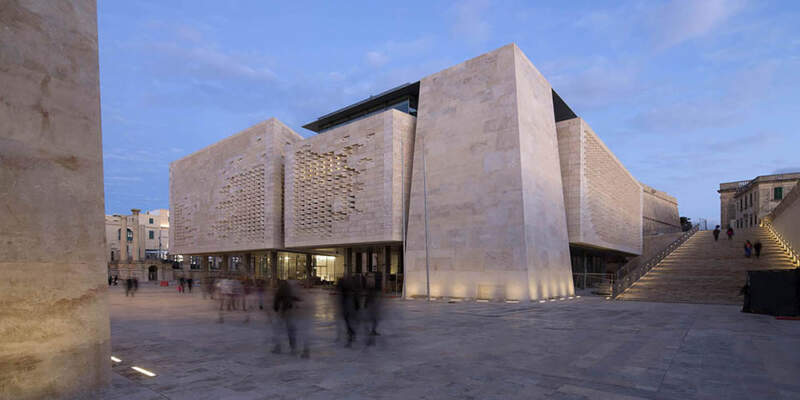
Valletta City Gate by RPBW Renzo Piano Building Workshop | Photography: Michel Denancé
This hybrid one-day seminar (15th October) will introduce the concept of Regenerative Buildings to a wider non-technical audience and the results of the four-year Horizon 2020 funded project called RESTORE, an acronym that stands for REthinking Sustainability TOwards a Regenerative Economy.
Attendees will be introduced by RESTORE Representatives to the current state-of-the-art researches about Regenerative buildings, exemplary case studies and the business case for health and wellbeing in real estate commercial development.
Local experts we will also join the discussion presenting some ongoing projects, and case studies. After the presentation session RESTORE representative and local experts will join a round table where a gap analysis will be conducted to understand Malta's standpoint towards an ecological transition to a Regenerative Economy.
As a result of the round-table seminar proceedings will be shared to decision-makers, NGOs, and the real estate stakeholders.
Registration fee: EUR15 until Tuesday 12th October noon CET
Please visit the Malta University Official website for the registration
The registration fee for University of Malta students will be free of charge but those attending would still need to register for the event online.
Cover image: Gábor Molnár | Bosco Verticale design by Bosco Verticale by Stefano Boeri Architetti
LATEST POSTS


